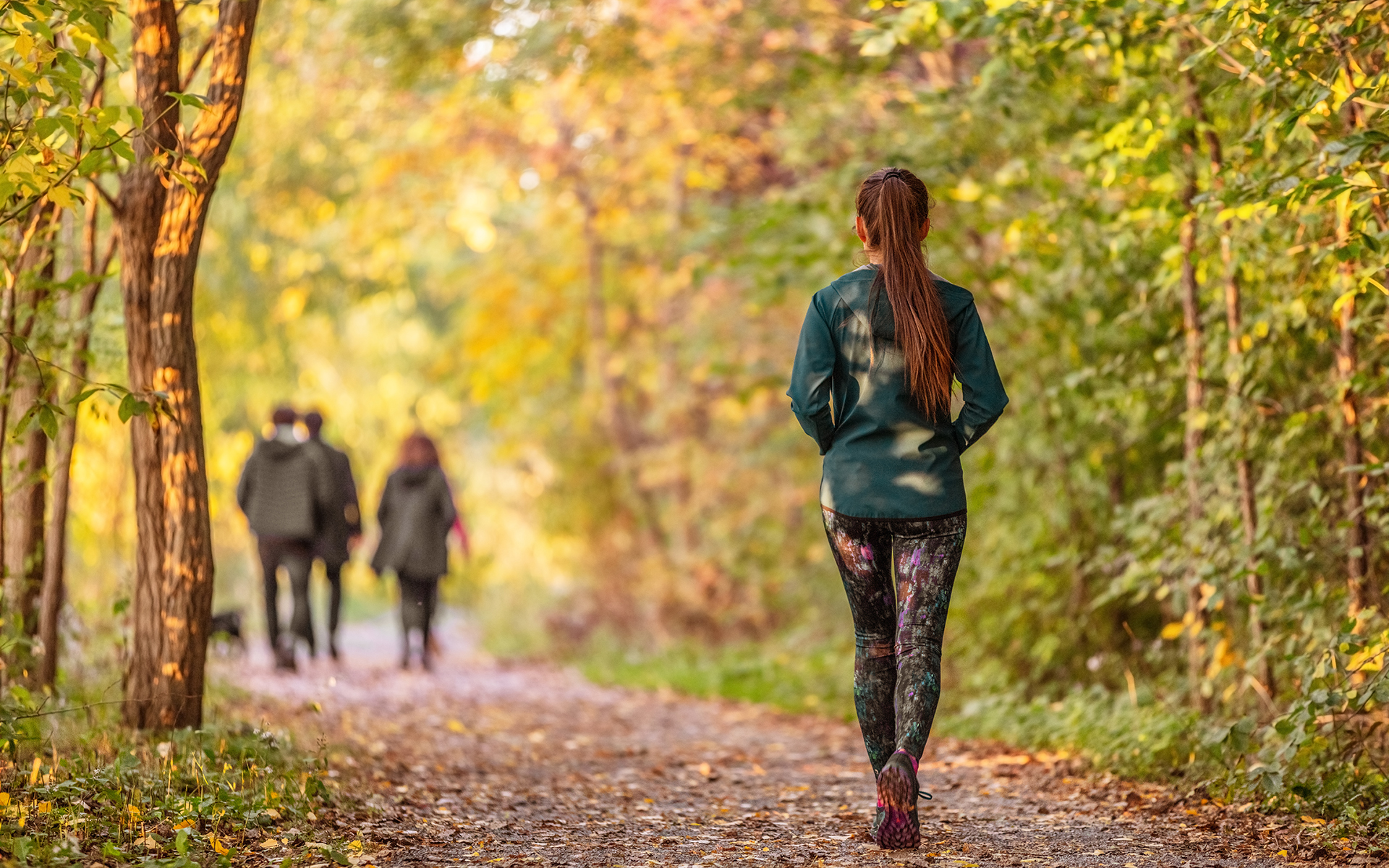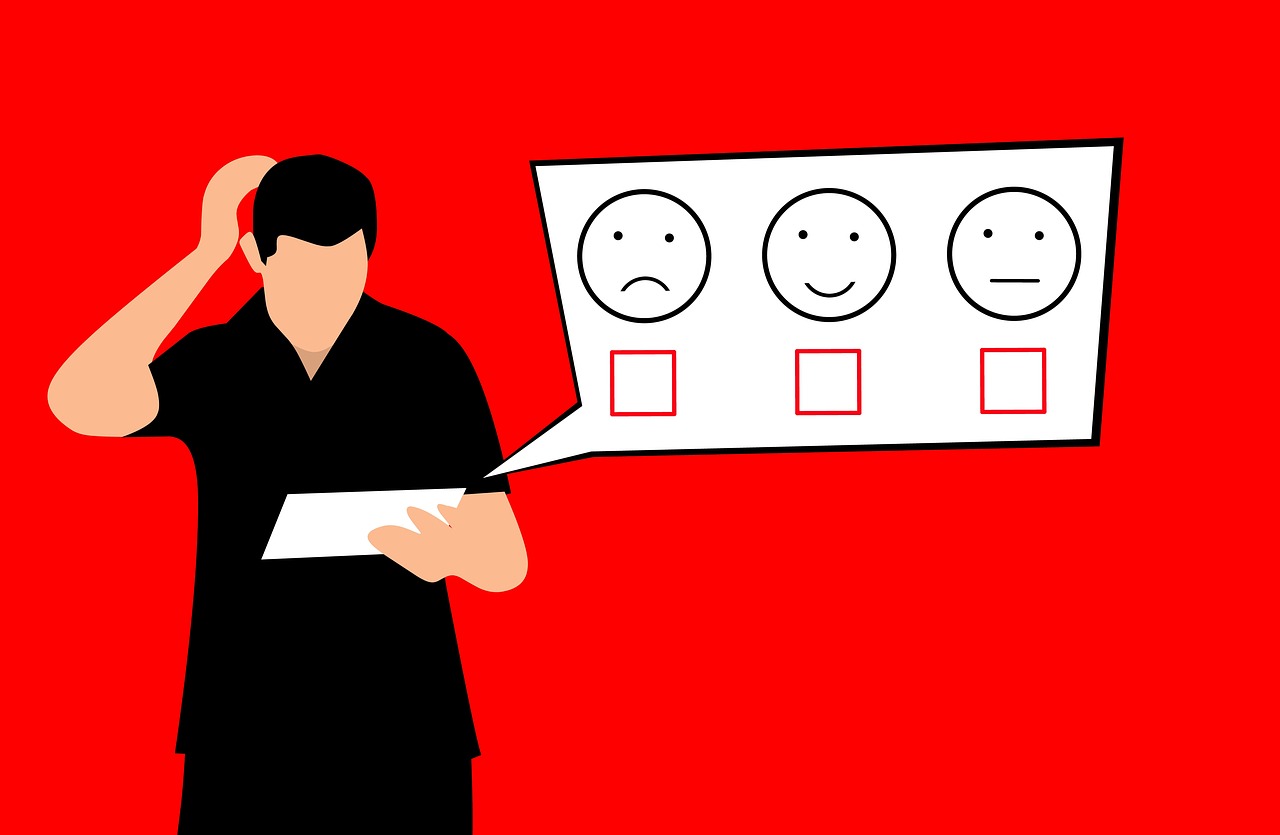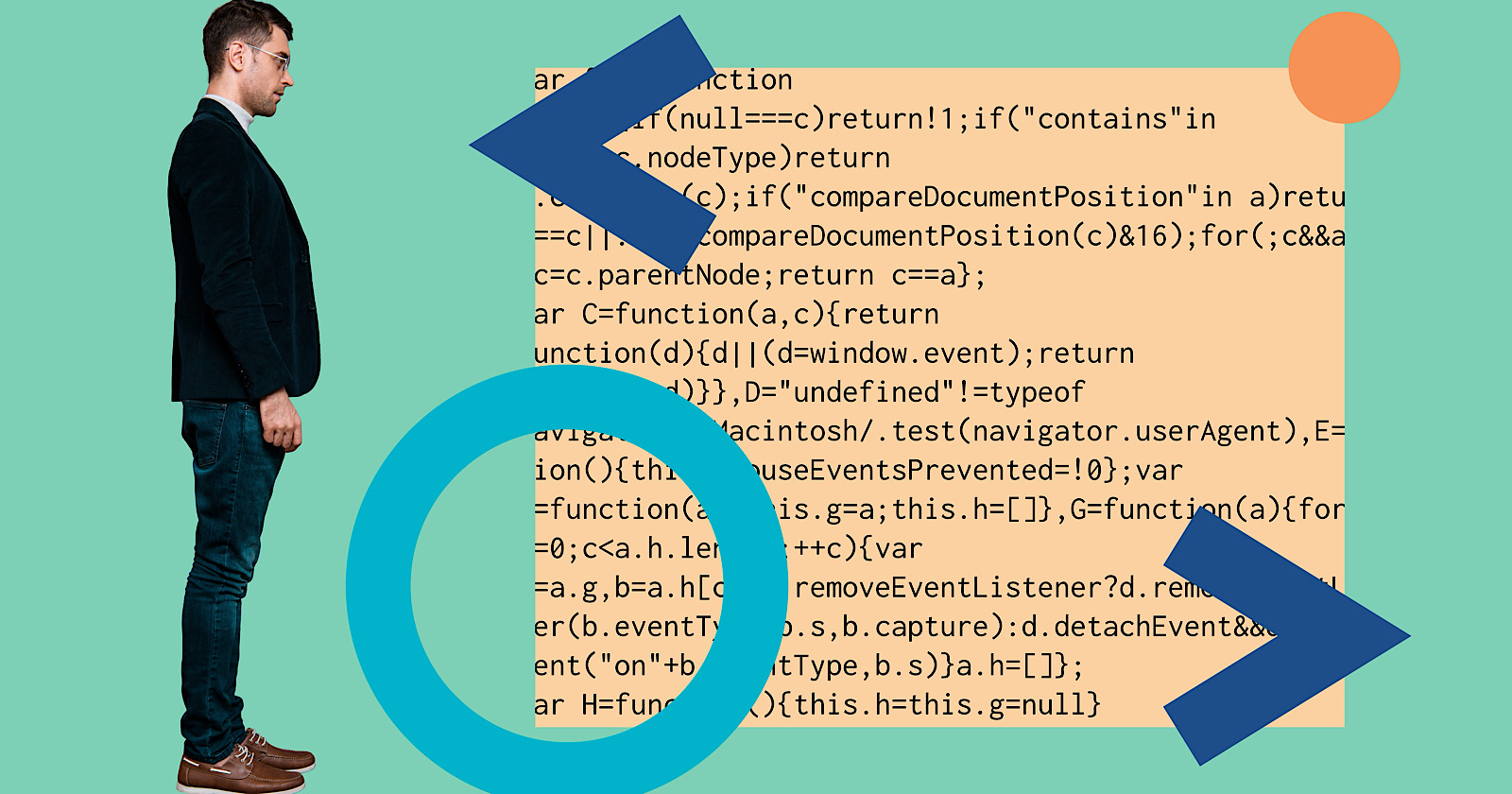A Guided Walking Meditation to Connect With Your Senses
Mindful walking can be a way to awaken our delight as we notice the sights, smells, and sounds in our surroundings. The post A Guided Walking Meditation to Connect With Your Senses appeared first on Mindful.

We can connect to our senses and nourish our relationship to the peace, pleasure, and technicolor qualities of the present moment, as we walk. Starting your day with an intentional morning walking meditation can be the key to bringing calm awareness, as you very simply pay attention to what the body is experiencing, as you bring your awareness to the physical sensations of feeling your feet as you walk. This walking exercise can be done on the way to your car, in a park, or even as you’re walking down a hallway. All it takes is being awake to what you notice while you’re walking.
Connect With Your Sense in Walking Meditation
A Mindful Walking Practice to Connect with Your Senses
1. Choose a foot to start with. Pick it up, move it through space, and gently place it on the ground, feeling the sensations of each part of this process from heel to toe. So, picking the foot up, making a choice, picking a foot up, lifting it, moving it through space, feeling it touching down from heel to toe, connecting with your senses.
2. Walk with intention. We’re so used to walking in what we call automatic pilot, basically being tuned out and just letting the body go. You may notice that this feels a little strange to be so intentional about walking. That’s okay. This intention that you’re bringing is a way for you to reconnect with the present moment and what you’re feeling right now. This intention is what makes this a walking meditation.
3. Let yourself notice. Notice as much as you can about the feel of picking your foot up, moving through space, and gently placing it down. I get most of us are so used to walking, when we first bring our attention to it, we might even feel a little wobbly. It’s okay: this is normal, and part of what it feels like to wake up and actively connect with the senses and notice the details of what we are doing.
We’re so used to walking in what we call automatic pilot, basically being tuned out and just letting the body go. You may notice that this feels a little strange to be so intentional about walking. That’s okay.
4. Focus your attention. Focus on the feeling of your feet making contact with the ground right now. Can you notice a difference between thinking about your feet and feeling them making contact with the floor or the earth? Can you let yourself experience what it’s like to be grounded and connected as you make a conscious choice to be present for this walking meditation?
5. Feel your surroundings. If you’ve chosen to walk outside, allow yourself to feel the impact of the air on your skin. What do you notice? Is it warm or cool? Is the air damp or dry? Allow yourself to feel it.
6. Notice when thoughts take over. You may notice how quickly your attention is drawn to your thoughts, whether it’s thoughts of your day, list making, maybe you’re running an old conversation or story over and over in your mind. Once you notice your thoughts trying to hijack your walk, you may also notice that being lost in thought makes it more difficult to connect with your senses. You probably will notice that you find it harder to hear what’s going on in your environment, harder to smell anything, or taste anything. Thoughts are that powerful. So, when you know the thoughts are pulling you away, just notice that this is what’s happening, smile, and then you can gently and kindly choose to redirect your attention back to connecting with your senses and even more particularly, back to the feeling of your feet walking. Come back to this experience of the senses and the feet over and over throughout your walking meditation.
Connect with the Present Moment
7. Let yourself experience your surroundings. What do you notice about the weather? Do you have an opinion about it? What happens if you just experience that weather is here, noticing the qualities of the weather, and how you’re experiencing it on the skin or in the body? What happens when you let yourself notice the sounds around you? What do you notice about the smells around you? Can you experience these sensory qualities as the symphony of the world?
The smell of the world: noticing pungent, acrid, sweet, sour, fresh, earthy. Maybe you can notice sounds as high-pitched, low hums, loud, or soft. How much can you allow yourself to take in the world in the minutest detail as your senses experience what’s here, without adding the layer of judgment on it about how you feel about it? Just for now, see what you’re able to do as you take in the raw data of the world around you—experience it in this morning walking meditation.
8. Pause now and then. Another way you might heighten the sensory experience of this walking meditation is, every once in a while, stop right in your tracks if you’re able and it’s appropriate, and notice in a very specific way what it feels like to be grounded as you feel your feet making contact with the earth or the floor. Maybe take a moment to choose a particular thing to experience through the eyes, focusing on color, shape, texture.
Another way you might heighten the sensory experience of this walk is, every once in a while, stop right in your tracks if you’re able and it’s appropriate, and notice in a very specific way what it feels like to be grounded as you feel your feet making contact with the earth or the floor.
Let your nose have a big sniff in and intentionally smell the air. Redirect your attention to your ears and hear the world right now. Can you hold everything you’re noticing lightly, and just let it be part of your environment while you experience it? You don’t have to judge it, or change it, or do anything about it. Just be here for you right now and then when you’re ready, make a choice to select which foot you’ll begin with and start your walking meditation again.
9. Find your pace. Walking, noticing which foot is moving as you pick it up, move it through space, gently place it down feeling the foot making contact with the earth. Although it might help to begin by practicing going slowly, once you have learned to be present to walking in this new way, there’s no reason you can’t move more quickly. Find whatever pace allows you to stay present while you’re experiencing.
Be Curious and Let Yourself Wander
10. Try aimless wandering. You might want to use this morning wake-up walk to take you to work, or any particular destination. But if it feels safe to do so, it can also be wonderful to allow yourself to do an aimless walk. Maybe setting a timer, perhaps 15 minutes, and allowing your feet to take you wherever they want to go, staying present to your ever-changing environment without having a goal as your destination, just walking freely. Noticing what it feels like to reconnect to inner instincts that show up as everything starts to quiet a bit, as you heighten your senses with this morning walking meditation. Noticing over and over as the attention is drawn to other things, particularly thinking.
Bringing your attention back to your feet over and over can be the greatest help to reconnecting with the present moment as you let your felt senses and the feeling of your feet touching the ground bring you back, right here, right now, coming back over and over and over. At the end of your walk, notice how you feel, check in with each one of your senses. What are you aware of right now, having spent this time bringing attention to the sensory experiences? What do you notice now about your mood? Notice what it feels like to inhabit your body and be awake to your precious life.
Let Your Practice Guide You Beyond Crisis Mode
While many of us lean on mindfulness to help us through times of inner and outer chaos, we can cultivate the greatest resilience through consistency in our practice, even when it doesn’t feel urgent. Read More

 Koichiko
Koichiko 

































